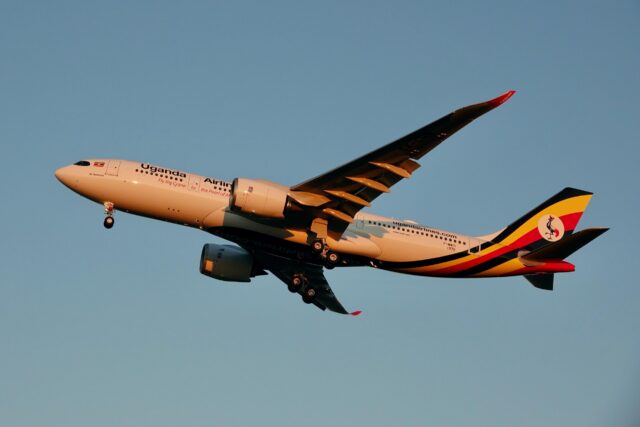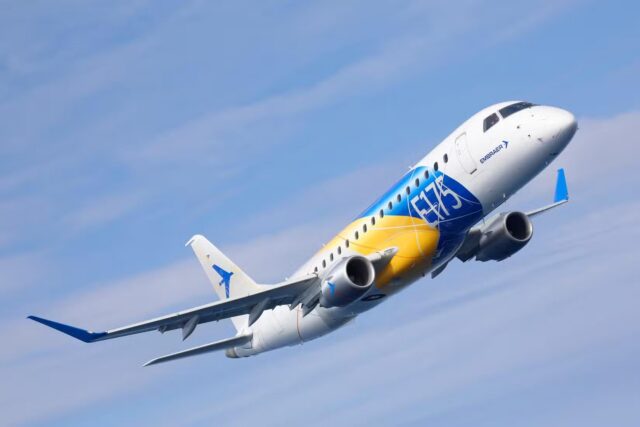IATA emphasises quest for net zero emissions by 2050
Image Marie Owens Thomsen/IATA
The International Air Transport Association (IATA) reemphasised that ‘every drop of fuel avoided counts’ in the aviation industry’s quest to achieve net zero carbon emissions…

Image Marie Owens Thomsen/IATA
The International Air Transport Association (IATA) reemphasised that ‘every drop of fuel avoided counts’ in the aviation industry’s quest to achieve net zero carbon emissions by 2050.
This was the latest result from the IATA Fuel Efficiency Gap Analysis (FEGA).
LOT Polish Airlines (LOT) is one of the airlines to undertake the FEGA, which identified the potential to shave its annual fuel consumption by several percent. That equates to an annual reduction by tens of thousands of tonnes of carbon from LOT’s operations.
“Every drop counts. Since its inception in 2005, FEGA has helped airlines identify cumulative savings of 15.2 million tonnes of carbon by cutting fuel consumption by 4.76 million tonnes. LOT is the latest example of an airline exploring all opportunities to achieve every incremental efficiency possible in fuel consumption. That’s good for the environment and for the bottom line,” said Marie Owens Thomsen, IATA’s senior vice president sustainability and chief economist.
On average, FEGA has identified fuel savings of 4.4% per airline audited. If fully realised across all audited airlines, these savings, which stem primarily from flight operations and dispatch, equate to removing 3.4 million fuel-powered cars from the road.
Fuel savings potential
The FEGA team analysed LOT’s operations against industry benchmarks in flight dispatch, ground operations, and flight operations to identify fuel savings potential. The most significant ones were identified in flight planning, emission reduction through implementation of aviation procedures and refuelling operations.
“FEGA revealed specific areas where fuel efficiency improvements can be made. The next step is implementation to actually achieve the benefits of improved environmental performance and lower operating costs”, said Dorota Dmuchowska, chief operating officer at LOT Polish Airlines.
“FEGA is a key IATA offering. The audit not only benefits the airline undergoing the process thanks to a reduced fuel use, it also helps the whole industry improve its environmental performance. Those benefits will grow as FEGA continuously becomes more effective with accumulated experience and growing capabilities using anonymised and aggregated airline data. Most importantly, realising the FEGA identified savings will be an important support as airlines transition to SAF in pursuit of net zero emissions by 2050,” said Frederic Leger, IATA’s senior vice president for commercial products and services.
Subscribe to the FINN weekly newsletter
You may also be interested in:
IATA releases industry net-zero tracking methodology
















